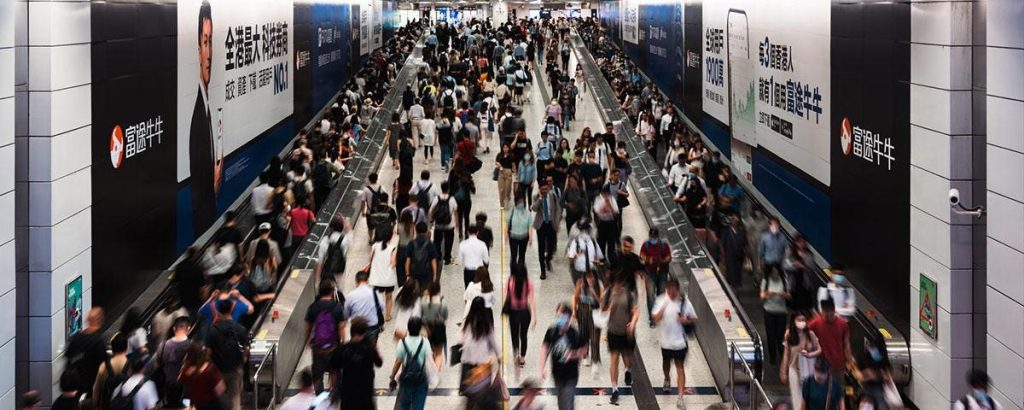Asian equities saw a wave of decline due to the recent Iran strikes and mixed macroeconomic data releases. China’s Q1 GDP beat estimates, but retail sales fell short, indicating a need to boost domestic consumption. The Renminbi remained steady despite the economic news, with the PBOC’s interventions slowing down. Baidu’s announcement of its chat bot reaching 200 million users did not prevent a 3% drop in its stock, along with other technology and internet sectors. Energy and defensive stocks outperformed in a risk-off market environment.
German Chancellor Olaf Scholz’s visit to Beijing aimed to discuss China’s potential role in pressuring Russia to end the conflict in Ukraine. The unique relationship between China and Russia gives China an advantage to influence the situation. China, so far neutral in the conflict, has refrained from supplying weapons. Scholz’s dialogue with Chinese officials signifies positive potential, though the agenda for the visit remains to be seen. China’s proposal to tighten emissions caps signals a significant upgrade in climate policy, likely impacting the emissions trading system.
In the stock market, Hang Seng and Hang Seng Tech indexes fell by over 2%, with increased volume. Mainland investors bought $1.3 billion worth of Hong Kong-listed stocks via Southbound Stock Connect. Shanghai, Shenzhen, and the STAR Board closed lower with decreased volume, while foreign investors sold Mainland-listed stocks via Northbound Stock Connect. The performance varied across sectors, with Energy showing gains and Information Technology facing losses. The upcoming webinar will focus on China’s Q1 performance and investment strategies.
Exchange rates remained relatively stable, with CNY per USD at 7.24. Yields on government bonds fluctuated slightly, while commodity prices like copper and steel experienced minor declines. The webinar will discuss the normalization process and its impact on the market. An article on generative AI’s potential for China’s internet giants provides insight into future technological advancements. Overall, the market continues to be influenced by geopolitical events and economic indicators, requiring strategic responses and investment decisions to navigate the volatile environment.


